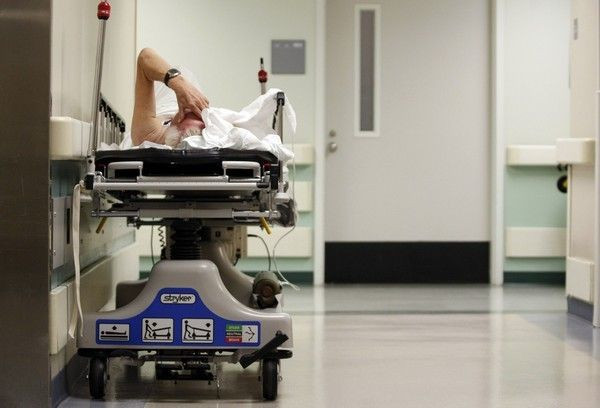Supreme Court Health Care Decision Good For Business: Analyst

The Supreme Court's approval of the Patient Protection and Affordable Care Act is unambiguously good for American business, a George Mason University scholar said Thursday, a view also expressed by Standard & Poor's Ratings Services analysts.
In a 5-4 vote, Chief Justice John Roberts -- a conservative appointed by President George W. Bush -- joined the court's liberal judges to rule the Affordable Care Act's individual mandate requiring most Americans to purchase health insurance is in fact constitutional. The justices ultimately ruled that while the mandate, demonized for years by opponents as an example of government overreach, violates the Commerce Clause of the U.S. Constitution. However, five of the judges agreed that the penalty someone must pay if he or she refuses to buy insurance is a kind of tax that Congress can impose using its taxing power.
It's unambiguously good for business, said Dr. Len Nichols, director of the Center for Health Policy Research and Ethics at George Mason University.
You're going to see 30 to 50 million more people with coverage. And that means those people are going to have more purchasing power. It's also good for hospitals, for example, which basically treat or stabilize people, whether or not they have coverage.
More specifically, Nichols said the now-approved law will benefit insurance companies that have invested in information systems that enable them to coordinate care so hospitals can talk to doctors and doctors can talk to nurses and nurses can talk to home health aides. It's what puts all the caregivers on the same page.
Big insurers like Aetna Inc. (NYSE: AET) and Cigna Corp. (NYSE: CI), among others, should do fine, Nichols said.
S&P Capital IQ also said the fact that the Affordable Care Act has become the law of the land is generally favorable to for-profit hospitals.
We view this morning's upholding of the health care reform law by the U.S. Supreme Court as a positive for the for-profit hospital group, S&P Capital IQ said in a statement. We see the promise of more than 30 million new patients gaining insurance in '14 remaining intact, boosting hospital earnings through reduction of uncompensated care expense, which we estimate has been more than 20 percent over the past few years.
Nichols said that those medical insurers whose business plan is based on aggressive underwriting -- that is, accepting only relatively health people and closely screening out ill or at-risk customers -- are in trouble.
The Affordable Care Act outlaws aggressive underwriting, Nichols said. That business model will end in 2014.
© Copyright IBTimes 2024. All rights reserved.






















